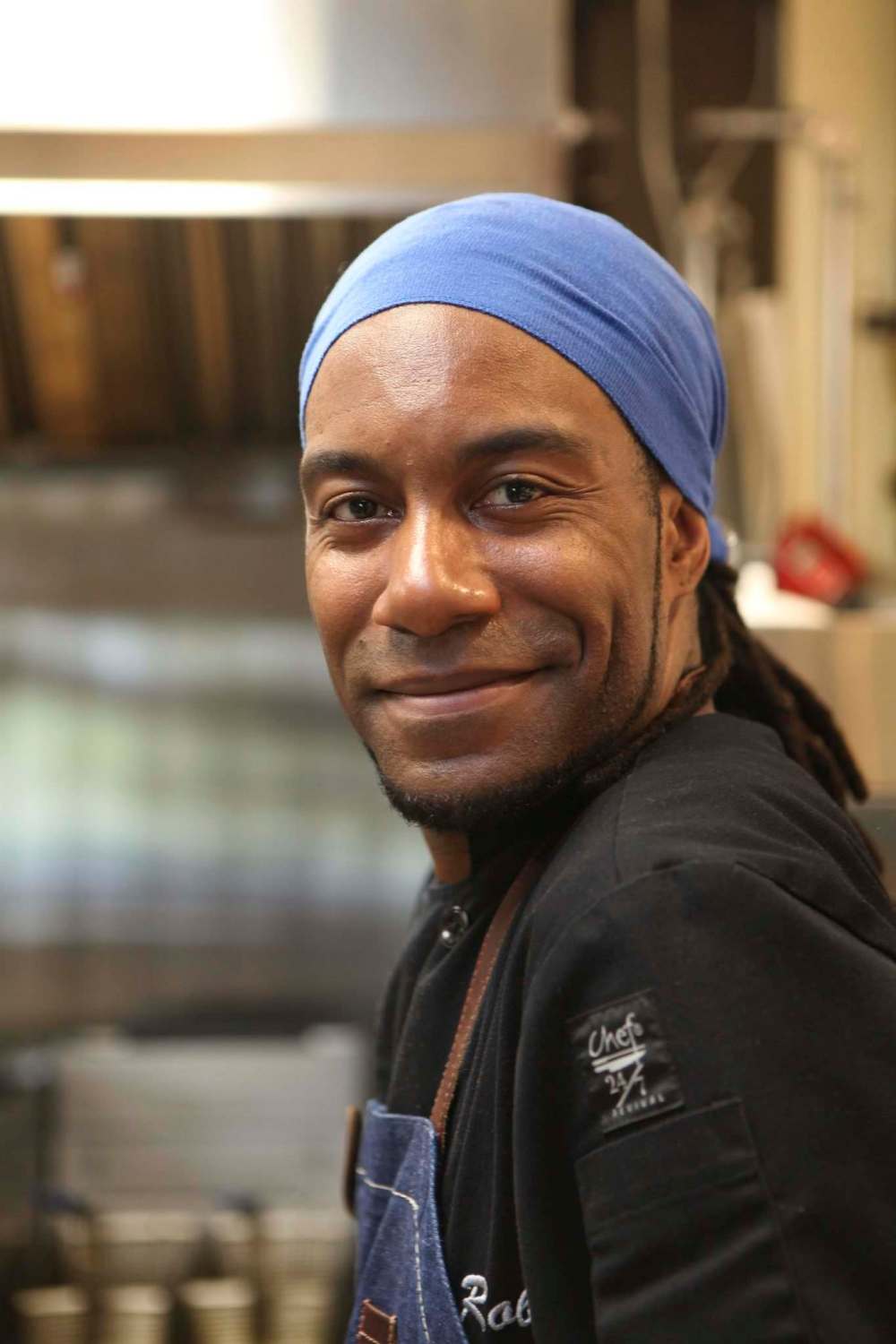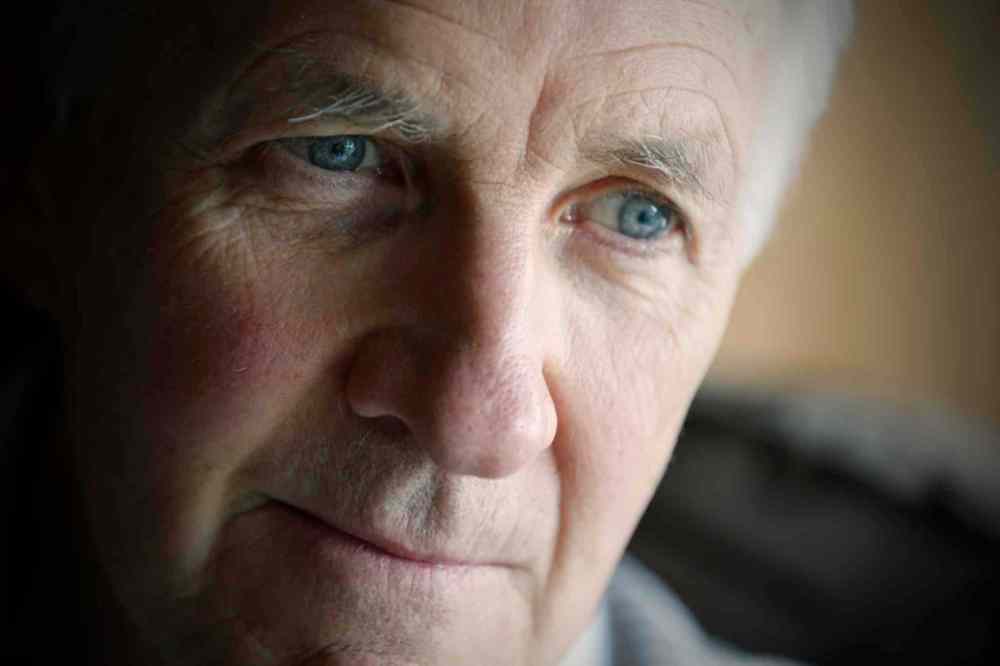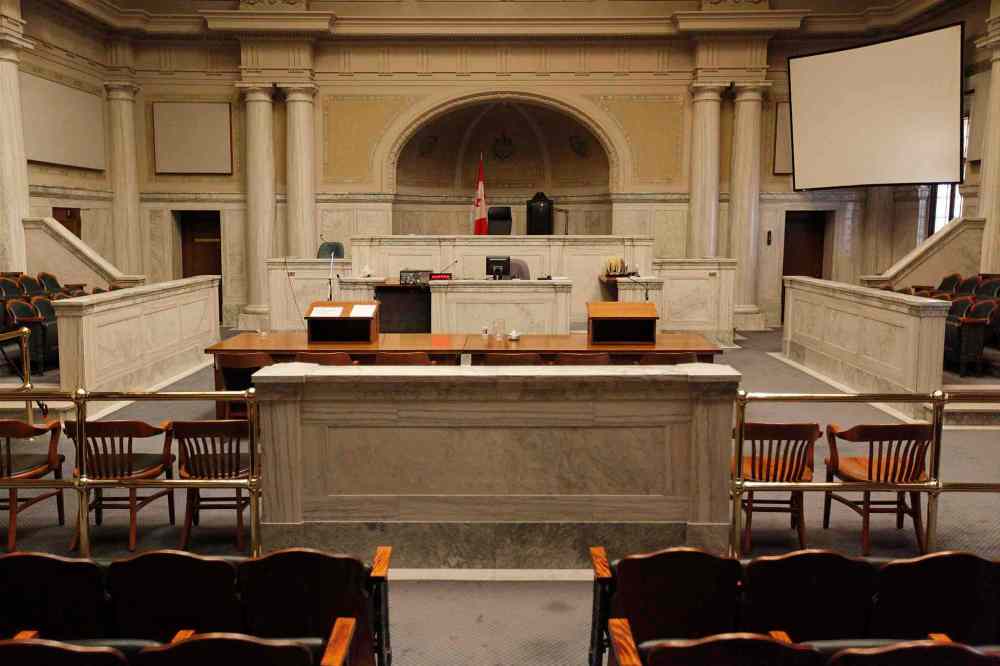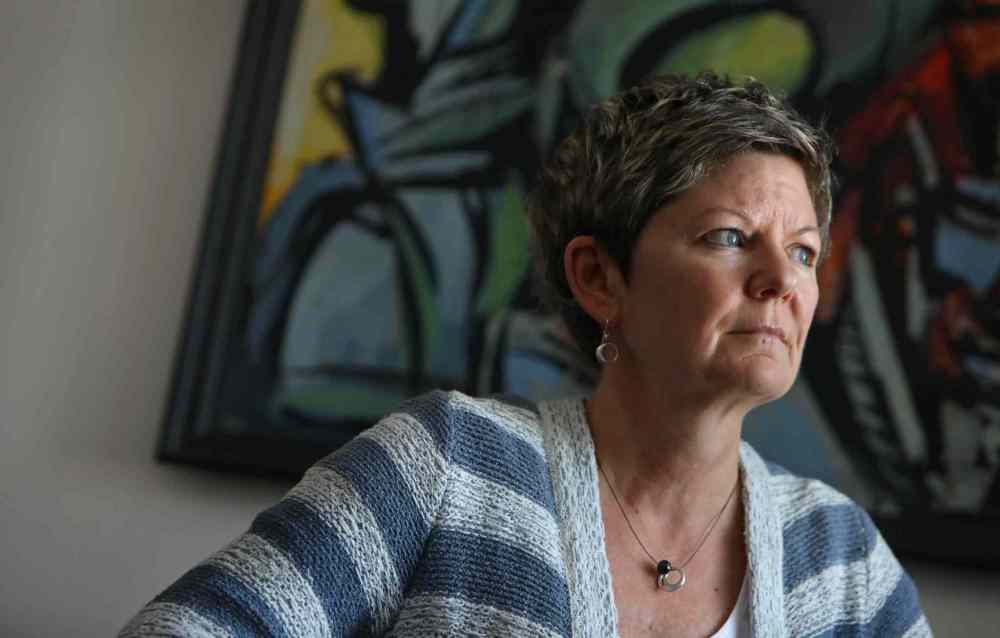Mind vs. matter
How sexual assault victims process memories in therapy versus court can be vastly different, psychological experts say -- and that's why justice officials need to learn more about how trauma affects the brain
Advertisement
Read this article for free:
or
Already have an account? Log in here »
To continue reading, please subscribe:
Monthly Digital Subscription
$1 per week for 24 weeks*
- Enjoy unlimited reading on winnipegfreepress.com
- Read the E-Edition, our digital replica newspaper
- Access News Break, our award-winning app
- Play interactive puzzles
*Billed as $4.00 plus GST every four weeks. After 24 weeks, price increases to the regular rate of $19.95 plus GST every four weeks. Offer available to new and qualified returning subscribers only. Cancel any time.
Monthly Digital Subscription
$4.99/week*
- Enjoy unlimited reading on winnipegfreepress.com
- Read the E-Edition, our digital replica newspaper
- Access News Break, our award-winning app
- Play interactive puzzles
*Billed as $19.95 plus GST every four weeks. Cancel any time.
To continue reading, please subscribe:
Add Free Press access to your Brandon Sun subscription for only an additional
$1 for the first 4 weeks*
*Your next subscription payment will increase by $1.00 and you will be charged $16.99 plus GST for four weeks. After four weeks, your payment will increase to $23.99 plus GST every four weeks.
Read unlimited articles for free today:
or
Already have an account? Log in here »
Hey there, time traveller!
This article was published 19/08/2017 (3079 days ago), so information in it may no longer be current.
Cases of sexual assault, at their essence, often boil down to what he said versus what she said.
In Manitoba last year, police received more than 1,400 reports of sexual assault. It’s the highest rate of reported sexual assault of all the provinces, at 108.57 per 100,000 people — nearly double Canada’s national rate.
Manitoba police laid charges in 483 cases. Those numbers are dwarfed by how many sexual assaults actually happen, since only about one in 10 victims ever comes forward to police, a 2008 Statistics Canada study found.
“I would go so far as to say in most cases of sexual abuse, with children and adults, the victim’s memory is often the only piece of evidence that investigators have to go on. So as you can imagine, extracting that memory can be an extremely critical process.” – Sarah MacDonald, a forensic psychologist with the Sheldon Kennedy Child Advocacy Centre
And for the even smaller number of sexual-assault cases that eventually make their way to a criminal-court trial, there’s often no physical evidence — no crime-scene photographs, no video-surveillance footage — just one person’s word against another’s about something that may have happened years ago. That leaves judges and juries to regularly grapple with the frailties of human memory in their search for justice.
In a court decision last week, following a sexual-assault trial that navigated credibility, reliability and memory frailties, a Manitoba judge noted it would have been helpful if he’d heard from experts about how certain therapy techniques can affect memories.

In his decision, which came in the midst of courts across Canada denouncing sexual-assault myths and victim blaming while still aiming to uphold the rigorous tenets of the legal system, Court of Queen’s Bench Justice David Kroft acquitted Rob Thomas of sexual assault and made a distinction between the complainant’s credibility and the reliability of her testimony, which relied on her own memory of what happened — just one of many sexual-assault cases in which courts have little else to go on.
Amid ever-evolving science on how we form, store and recall our memories, psychological experts say players in Canada’s criminal justice system need more training on how trauma affects the brain — and what that means for sexual-assault victims who get their day in court, even though the criminal-justice process can be, psychologists say, at odds with what helps victims heal.
John Walker, a Winnipeg clinical psychologist and professor of clinical health psychology at the University of Manitoba, said the two processes — going through therapy and going to court — can tend to run counter to each other, but he said they don’t have to.
When he treats people with anxiety problems or post-traumatic stress disorder, “we’re not trying to gather material to be used in a courtroom or anything like that. That’s a different story,” Walker said.
“The key thing, actually, is the emotion you feel when you’re doing it, the emotion you felt at the time, and it’s not crucial that the time periods are accurate or details of what people did and said are accurate because you’re dealing with subjective memory, and that’s the working that you have and that’s the thing that’ll get you through the problem,” Walker said, noting sexual assault is a common cause of post-traumatic stress disorder in women.

But on the criminal-justice side, forensic psychologists may recommend talking to police before going to therapy to guard against distorted memories of the assault that could be caused by different therapeutic techniques.
“I would go so far as to say in most cases of sexual abuse, with children and adults, the victim’s memory is often the only piece of evidence that investigators have to go on. So as you can imagine, extracting that memory can be an extremely critical process,” said Sarah MacDonald, a forensic psychologist with the Sheldon Kennedy Child Advocacy Centre who works closely with the Calgary Police Service to interview child victims of some of the most complex cases of sexual abuse.
Investigators trained to draw out memories in the most accurate way possible ask open-ended questions — that’s a standard tip for any interviewer. But forensic interviewers dealing with people who have gone through a traumatic experience know they have to step outside the chronology of events and focus on the victim’s experience. They don’t pepper the victim with questions; they use the person’s own memory to get at more of what happened while being careful not to distort their memories with leading questions.
“If you interview them based on their experience and how they were feeling and all of the different sensory details that they might recall, you’re going to get a much more reliable, much more accurate account,” MacDonald said.
“We kind of run into trouble sometimes… across the whole country and in North America, when prosecutors and judges and other professionals in the criminal justice system have an expectation of what a victim’s memory should look like, and about the types of things they should remember if something indeed happened,” MacDonald said. “But the truth is that victims’ memories can be nothing like what we might expect them to be like, and that’s primarily because when a victim is experiencing extreme fear or stress, they often cannot process information in their environment the same way that they would when they’re not under that kind of stress.”
That’s because a traumatic experience, or a time of extreme stress, forces the brain into tunnel-vision mode and some details of the experience are not properly encoded into memories. Victims might not be able to recall their attacker’s hair or eye colour, but they might remember obscure details that don’t seem to make sense in the retelling, MacDonald said.

Memories can get distorted or fade over time, or they might be kept alive by consistent thoughts or dreams about the incident. According to the accepted scientific research, false memories are a real occurrence and they’re virtually indistinguishable from accurate ones. But the idea of repressing or uncovering true memories that had been completely forgotten? That’s controversial at best and generally unsupported by science. And there are many reasons why someone may have a better or worse memory than someone else, said Barry Cooper, a Kelowna-based forensic psychologist. Sometimes, he said, versions of events that are true don’t sound like it. And slight changes to the story upon retelling — as the brain reconstructs the memory — are actually signs of credibility, he said.
“It’s tricky, because there are so many factors at play.”
With all of this and more to consider, experts can help courts sort out the science of memory and trauma — if they’re ever called upon to testify or complete psychological assessments of the parties involved. Courts can also subpoena therapists’ records to check for any evidence of controversial or unacceptable memory recovery techniques.
Patrick Baillie, a forensic psychologist and lawyer in Calgary, said while experts can’t give the courts their opinion on who is telling the truth, they can offer scientific explanations about why, for example, a complainant might not remember certain things.
“Some judges don’t get the information put in front of them, and therefore rely on their experience or their quote-unquote ‘common sense’ to make determinations about what seems reasonable to them as an explanation for why this person may have been struggling to tell their story,” he says.
Baillie, Cooper and MacDonald have all given talks to groups of judges about their research and best practices. They all say more education for judges is crucial.
“I was looking at what the judges rely on and what the science says about evaluating credibility, and sometimes there’s a connect, and sometimes there’s a disconnect. But I think just the fact that the judges are looking for this type of continuing education suggests to me and a number of my colleagues that they want to learn more in order to do their job more effectively,” Cooper said.

For victims, that kind of education can make a big difference, said Mary-Jo Bolton, clinical director at Klinic in Winnipeg, even though court cases reflect “a tiny drop compared to the vast ocean of sexual assaults that happen.”
“Educating our criminal justice system around trauma and its impact, I think, would be a very critical thing, to have more of an understanding of what victims experience and what they’re being called to do when they’re in court may not be what the brain can actually produce, and that isn’t about victims lying or making things up or omitting things. It may be a function of how the brain processes traumatic experiences.”
Meanwhile, demand for counselling services through Klinic’s sexual-assault counselling program and crisis line has steadily increased over the years, pointing to the need for “a larger, social cultural shift around sexual violence,” Bolton says.
katie.may@freepress.mb.ca
Twitter: @thatkatiemay

Katie May is a multimedia producer for the Free Press.
Our newsroom depends on a growing audience of readers to power our journalism. If you are not a paid reader, please consider becoming a subscriber.
Our newsroom depends on its audience of readers to power our journalism. Thank you for your support.
History
Updated on Saturday, August 19, 2017 10:06 AM CDT: Typos fixed.

